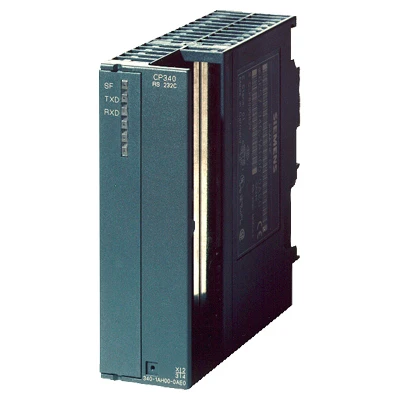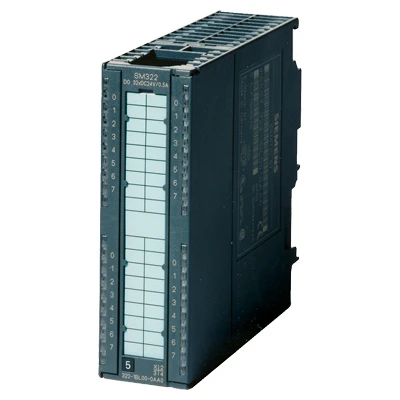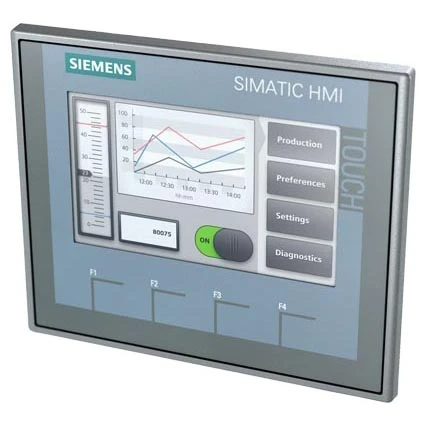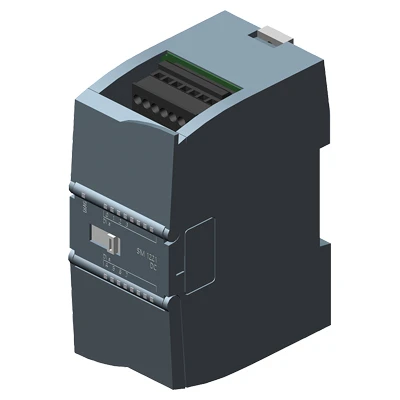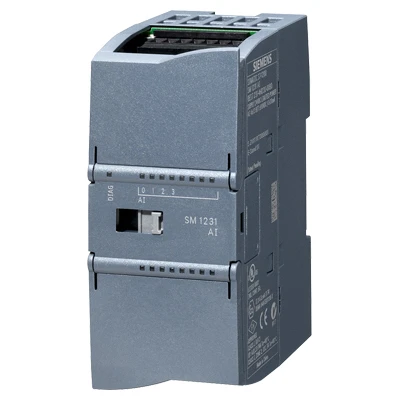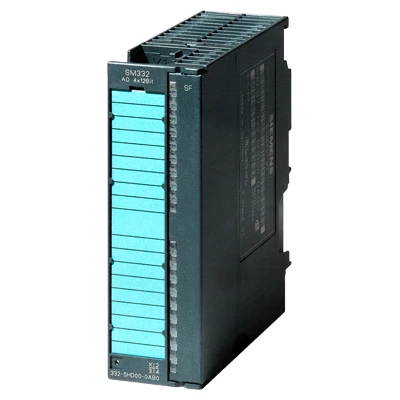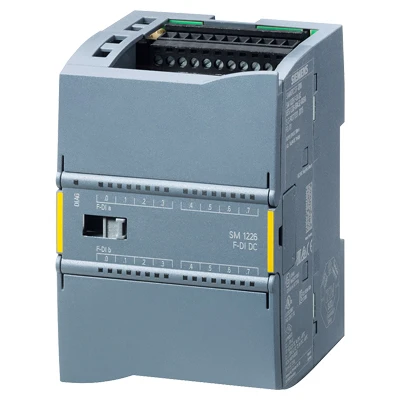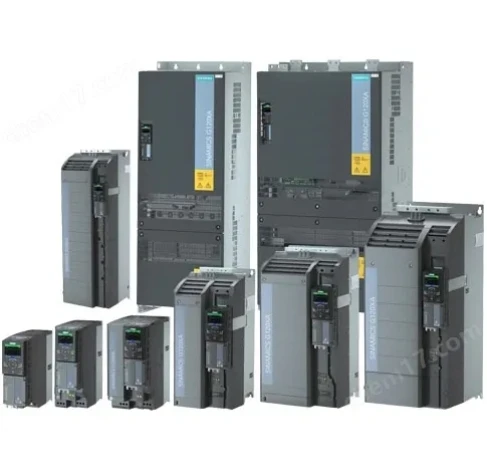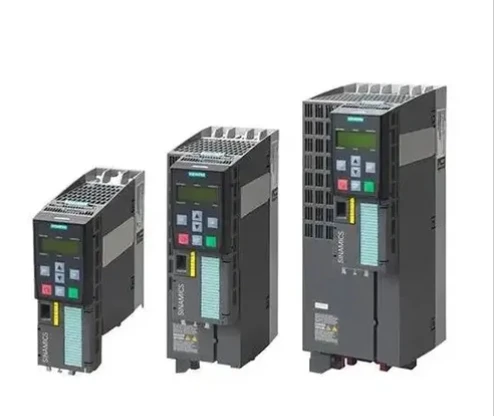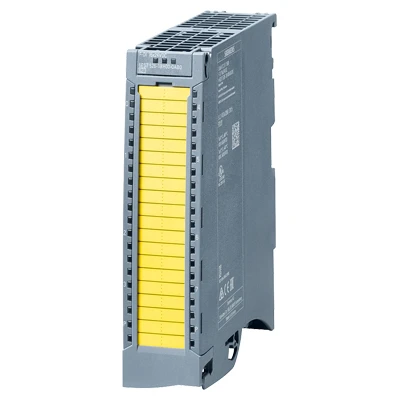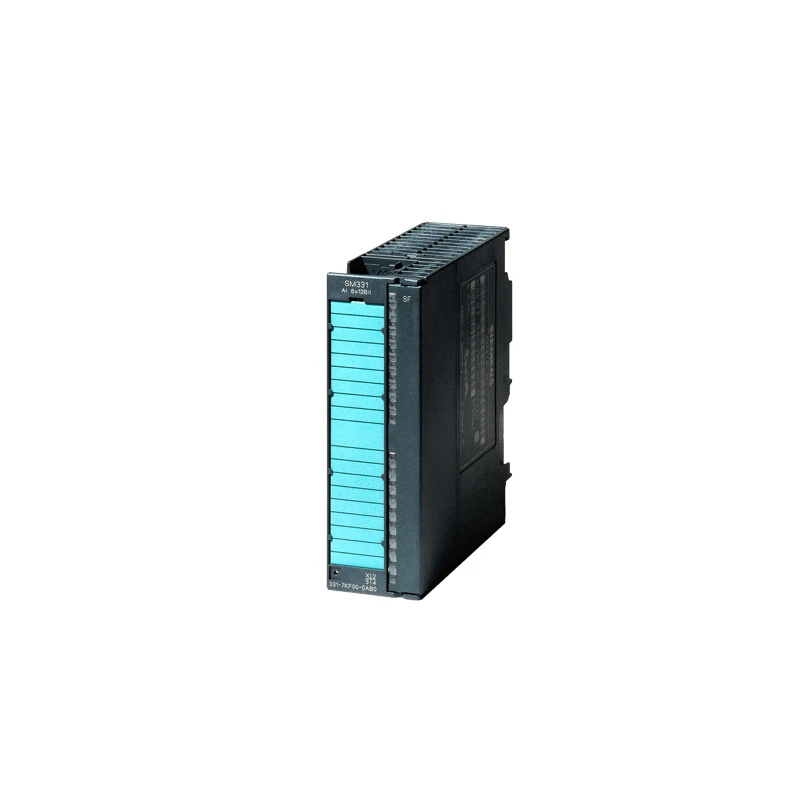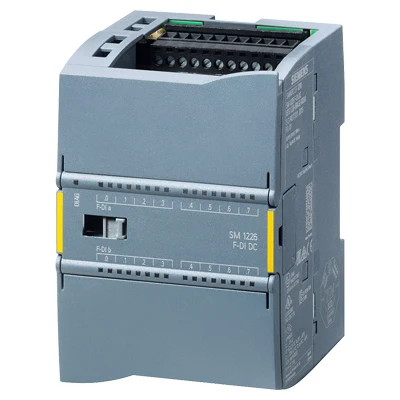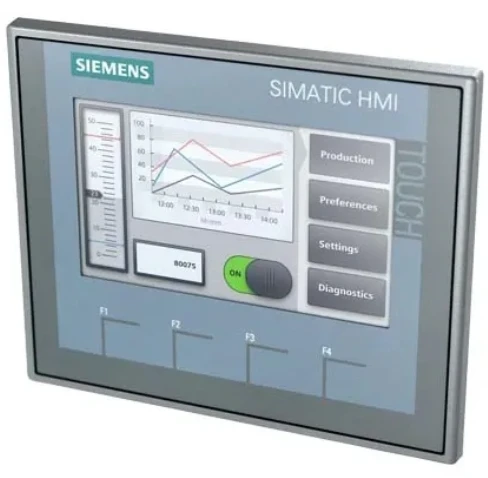Introduction to Industrial Automation and the Role of Analog Input Modules
In the ever-evolving landscape of industrial automation, the demand for precision, reliability, and adaptability has never been higher. Industrial systems rely on a network of sensors, controllers, and actuators to monitor and regulate processes. Among these components, analog input modules play a critical role in converting real-world signals—such as temperature, pressure, and voltage—into digital data that can be processed by programmable logic controllers (PLCs). The S7-300 analog input module, developed by Tianjin Yongkai International Trade Co., Ltd., exemplifies the cutting-edge technology that meets these demands. This article explores the features, advantages, technical specifications, applications, and the company's background behind this essential industrial component.
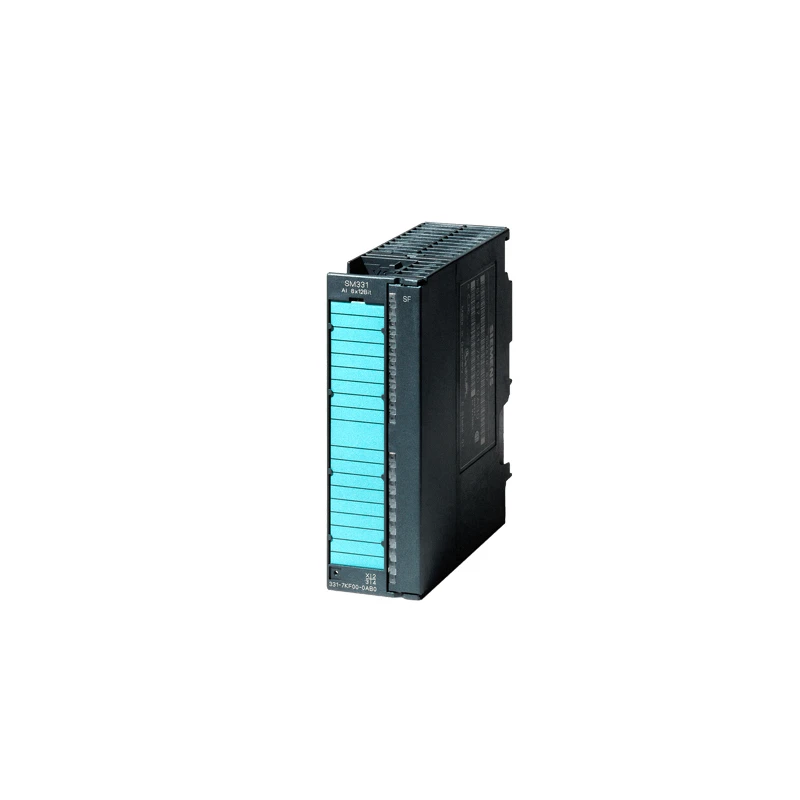
Key Features of the S7-300 Analog Input Module
The S7-300 analog input module is engineered to deliver high-precision data acquisition in diverse industrial environments. Its core features include:
- 8 Analog Inputs with Adjustable Precision: The module offers 8 analog input channels, with support for 13-bit accuracy, or alternative configurations of 9/12/14-bit precision. This flexibility allows users to tailor the module to their specific application requirements, whether high-resolution measurements are needed or cost-effective solutions are preferred.
- Compatibility with Multiple Sensor Types: Designed to interface with a wide range of sensors, including voltage and current sensors, thermoelectric couplings, resistors, and resistance thermometers. This versatility makes it suitable for applications ranging from temperature monitoring to process control in manufacturing.
- Robust Design for Industrial Environments: Built to withstand harsh conditions, the module ensures stable performance in environments with temperature fluctuations, electromagnetic interference, and mechanical vibrations.
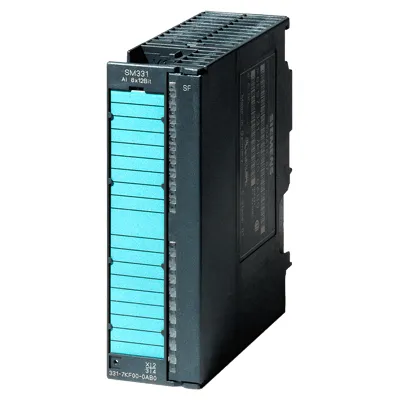
Advantages of the S7-300 Analog Input Module
The S7-300 analog input module stands out in the industrial automation market due to its unique advantages:
1. High Precision and Accuracy
With its 13-bit accuracy, the module ensures minimal measurement errors, which is critical for applications requiring strict tolerances. For instance, in semiconductor manufacturing, even minor deviations can lead to significant quality issues. The module's precision aligns with the standards set by organizations like the National Institute of Standards and Technology (NIST), which emphasizes the importance of accurate measurements in industrial processes (NIST). This alignment underscores the module's reliability in critical applications.
2. Flexibility and Scalability
The ability to adjust the bit precision (9/12/14-bit) allows the module to adapt to varying operational needs. For example, a factory might use 12-bit precision for general-purpose monitoring and switch to 14-bit for high-accuracy applications like material testing. This scalability reduces the need for multiple modules, lowering costs and simplifying system design.
3. Seamless Integration with Industrial Systems
The module is designed to integrate effortlessly with Siemens S7-300 PLCs, a widely used platform in industrial automation. This compatibility ensures that users can leverage existing infrastructure without significant reconfiguration. Additionally, its support for various sensor types simplifies system upgrades and expansions.
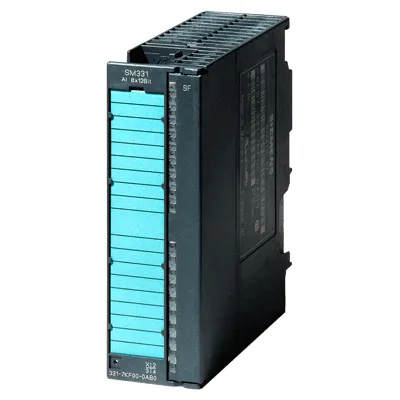
Technical Specifications of the S7-300 Analog Input Module
The following table provides a detailed overview of the module's technical parameters:
| Parameter | Specification |
|---|---|
| Number of Analog Inputs | 8 |
| Bit Accuracy | 13-bit (with options for 9/12/14-bit) |
| Input Range | Voltage: 0-10 VDC, 0-5 VDC; Current: 4-20 mA |
| Sampling Rate | Up to 10 kS/s (depending on configuration) |
| Power Supply | 24 VDC |
| Operating Temperature | -25°C to +60°C |
| Communication Interface | PROFIBUS DP or Ethernet (as per system requirements) |
| Compatibility | Siemens S7-300 PLCs |
Applications of the S7-300 Analog Input Module
The S7-300 analog input module is a versatile solution for a wide range of industrial applications. Some of its key use cases include:
1. Process Control in Manufacturing
In industries such as chemical processing, food and beverage production, and pharmaceuticals, the module is used to monitor parameters like temperature, pressure, and flow rate. For example, in a chemical plant, the module can detect slight temperature fluctuations in a reactor, ensuring optimal reaction conditions and safety.
2. Energy Management Systems
The module plays a critical role in energy monitoring and optimization. By measuring voltage and current from power meters, it helps identify inefficiencies and reduce energy consumption. This is particularly relevant in the context of global efforts to enhance energy sustainability, a focus area for organizations like the NIST (NIST).
3. Environmental Monitoring
In environmental applications, the module can be integrated with sensors to monitor air quality, water levels, and soil conditions. For instance, in smart agriculture, it helps farmers optimize irrigation by analyzing soil moisture data in real time.
4. Automotive and Aerospace Industries
The module's high precision and reliability make it suitable for testing and monitoring in automotive and aerospace sectors. It can measure parameters like engine temperature, fuel pressure, and structural stress during development and maintenance phases.
About the Manufacturer: Tianjin Yongkai International Trade Co., Ltd.
The S7-300 analog input module is developed by Tianjin Yongkai International Trade Co., Ltd., a leading VFD manufacturers and VFD suppliers in the industrial automation sector. Based in Hebei, China, the company has established itself as a trusted provider of high-quality automation solutions. With a focus on innovation and customer satisfaction, Tianjin Yongkai caters to a global clientele, offering products that meet international standards (Visit Tianjin Yongkai's Product Page).
As a VFD drive manufacturers, the company specializes in designing and manufacturing components that enhance the efficiency and performance of industrial systems. Its commitment to excellence is reflected in the rigorous testing and quality control processes applied to all products, including the S7-300 analog input module. This dedication ensures that customers receive reliable, long-lasting solutions that align with their operational goals.
Conclusion: A Reliable Solution for Modern Industrial Needs
The S7-300 analog input module exemplifies the synergy between advanced engineering and practical application in industrial automation. Its high precision, flexibility, and compatibility with existing systems make it an indispensable component for modern manufacturing and process control. By leveraging the expertise of Tianjin Yongkai International Trade Co., Ltd., users can benefit from a product that not only meets current demands but also adapts to future challenges.
As industries continue to evolve, the importance of accurate and reliable data acquisition will only grow. The S7-300 analog input module, with its robust design and wide-ranging applications, is poised to remain a cornerstone of industrial automation for years to come.

